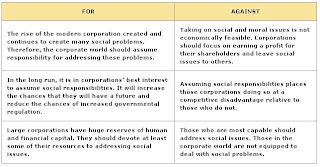LEVESON INQUIRY
[Important as role of media has been in
limelight in India too]
What was the Leveson Inquiry?
·
It was a
public, judge-led inquiry set up by Prime Minister David Cameron to examine the
culture, practice and ethics of the press. It was established in the wake of
the phone-hacking scandal at the now-defunct News of the World tabloid.
What did it look at?
It looked at the relationship
between the press and the public, including phone-hacking and other potentially
illegal behaviour, and at the relationships between the press and the police
and the press and politicians.
What did Lord Justice Leveson
recommend?
He made broad and complex
recommendations relating to how the press is regulated:
·
Newspapers should continue to be self-regulated
- and the government should have no power over what they publish.
·
There had to be a new press standards body
created by the industry, with a new code of conduct
·
That body should be backed by legislation, which
would create a means to ensure the regulation was independent and effective
·
The arrangement would provide the public with
confidence that their complaints would be seriously dealt with - and ensure the
press are protected from interference.
Why did he recommend reworking
press regulation?
·
The
current system, where the press is self-regulated voluntarily through the Press
Complaints Commission (PCC), is widely agreed to be doomed - the PCC itself has
agreed to move into a "transitional phase" until a long-term
replacement can be established.
·
The
chairman of the PCC, Lord Hunt, wants a new "tough, independent regulator
with teeth". He told the Leveson inquiry there was a willingness among
publications for a "fresh start and a new body" based on
legally-enforceable contracts between publishers and the new body.
·
The Free
Speech Network, which represents many editors and publishers, is vigorously
opposed to any state involvement in press regulation. It says the press exists
to scrutinise those in positions of power, and it could not do that if those it
was scrutinising had authority over it.

Comments
Post a Comment